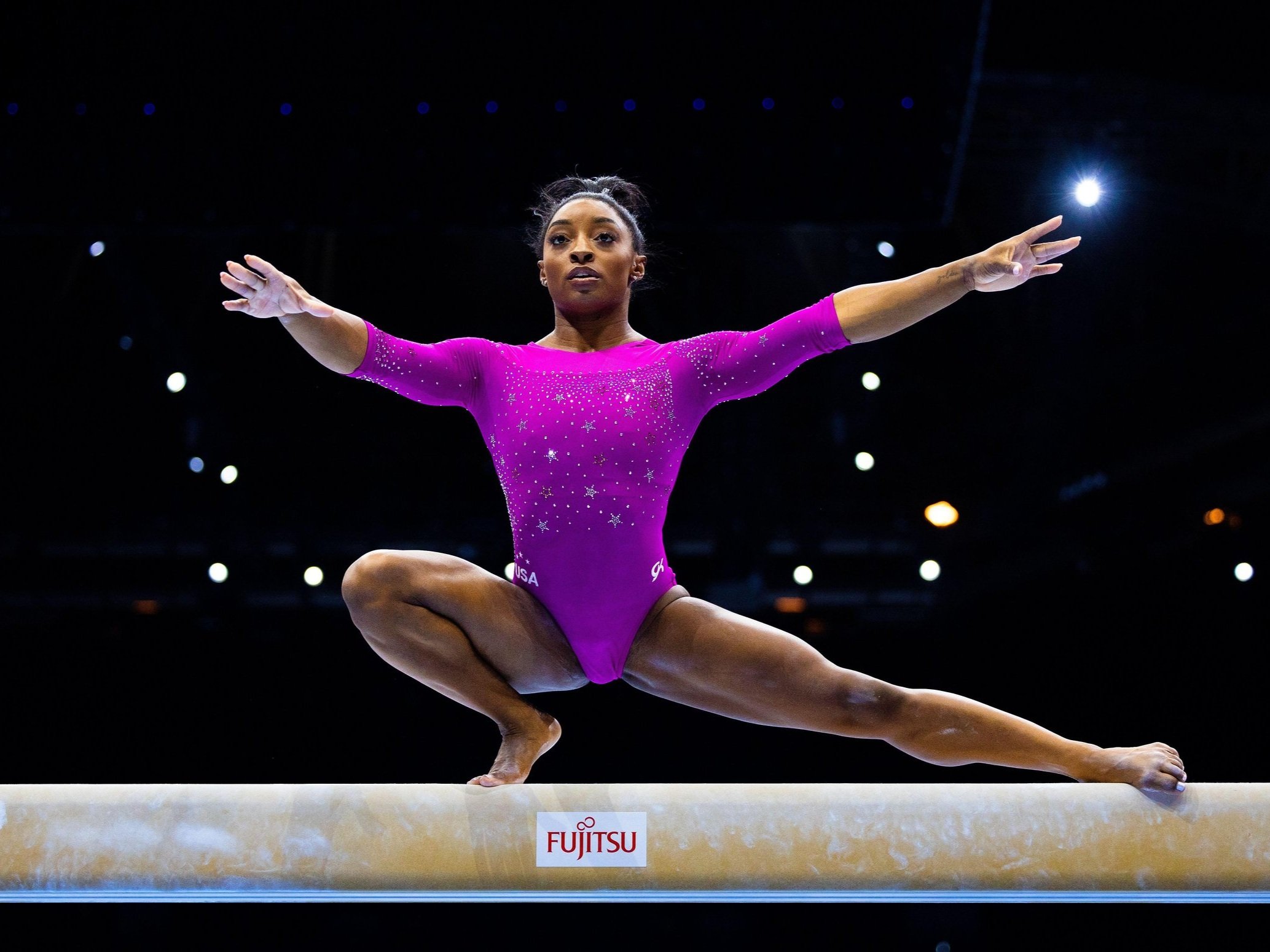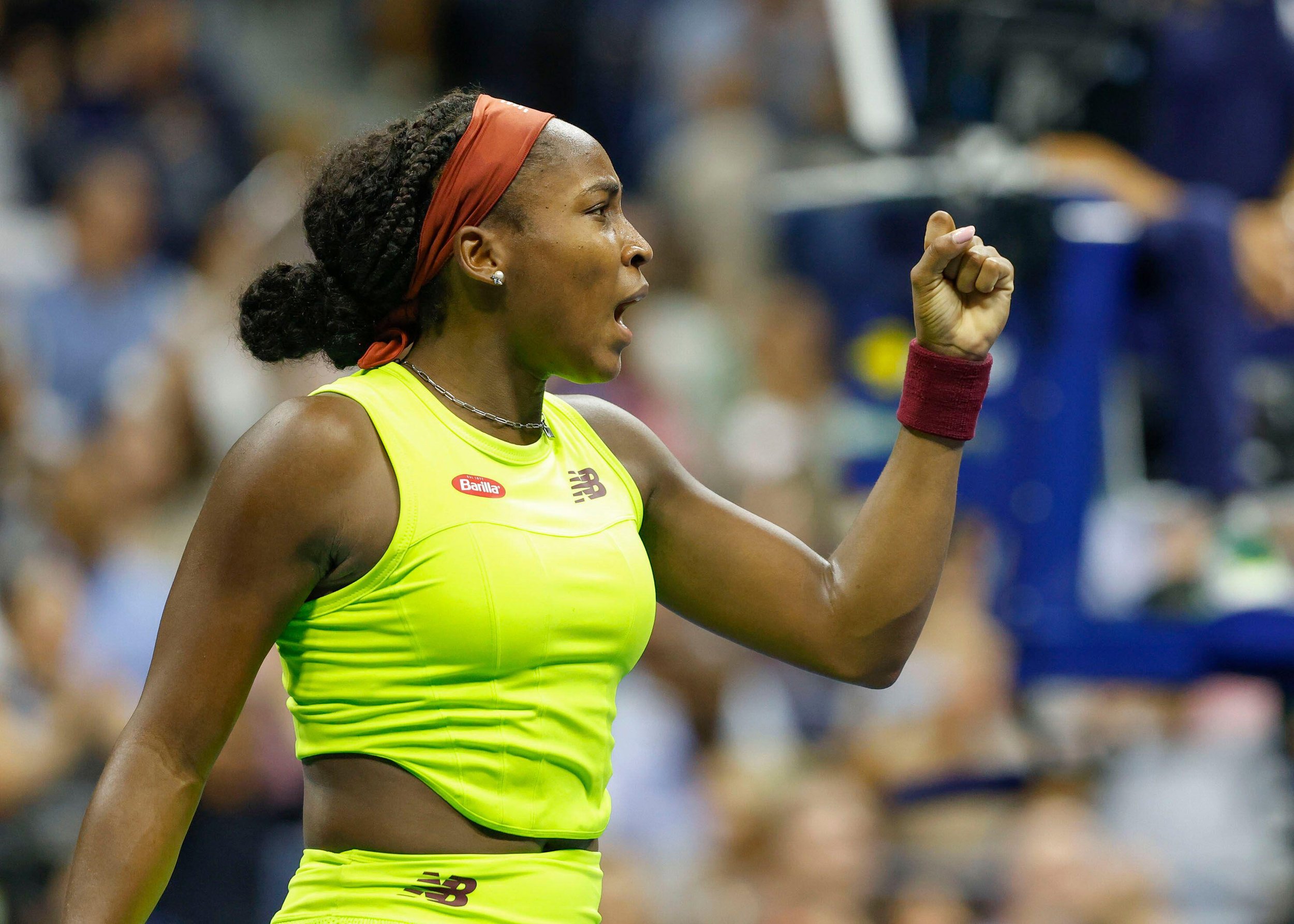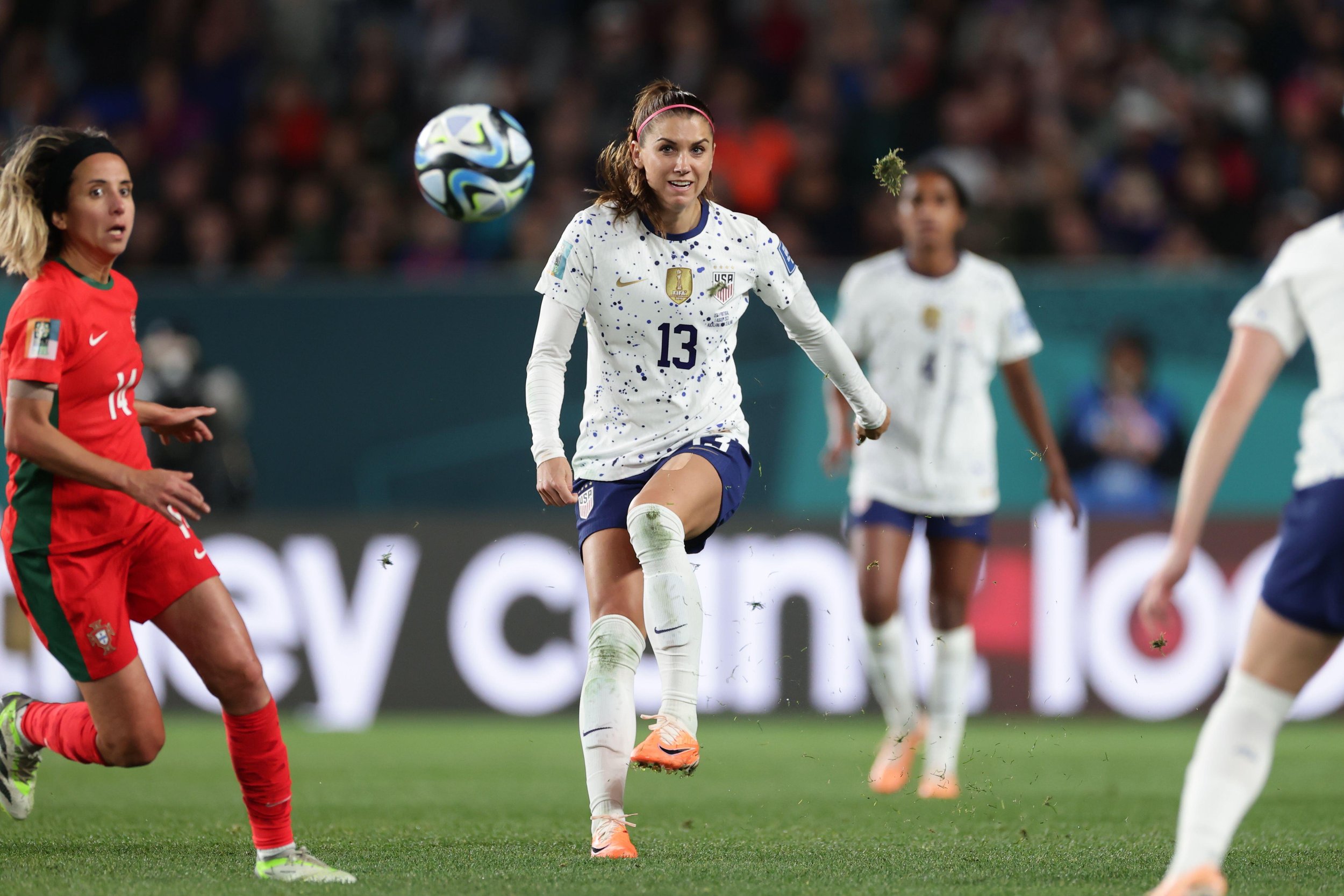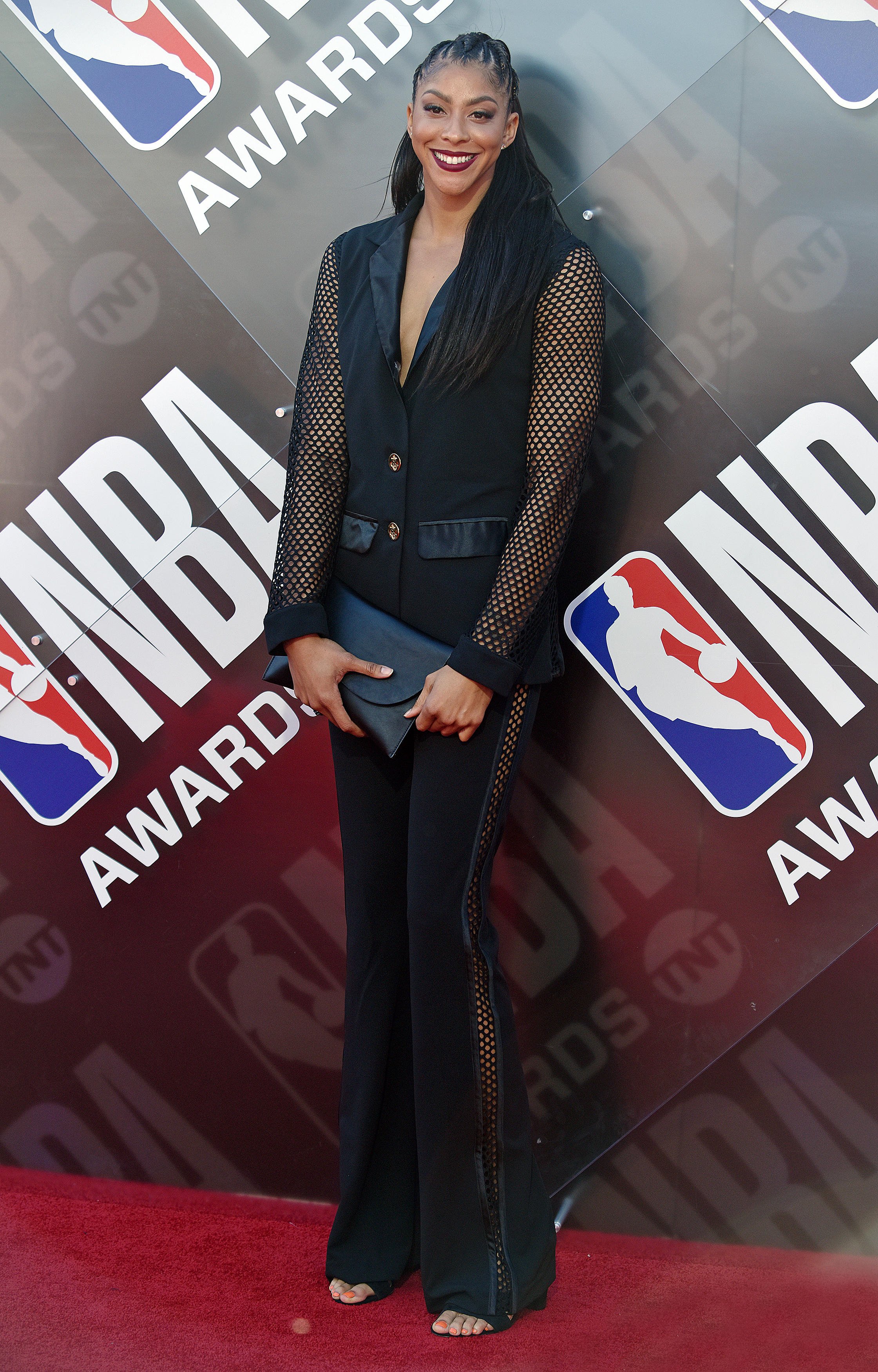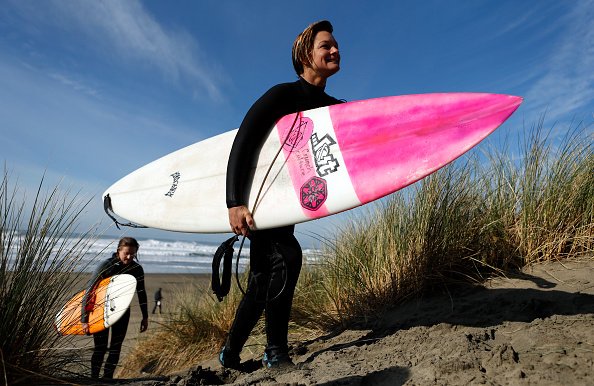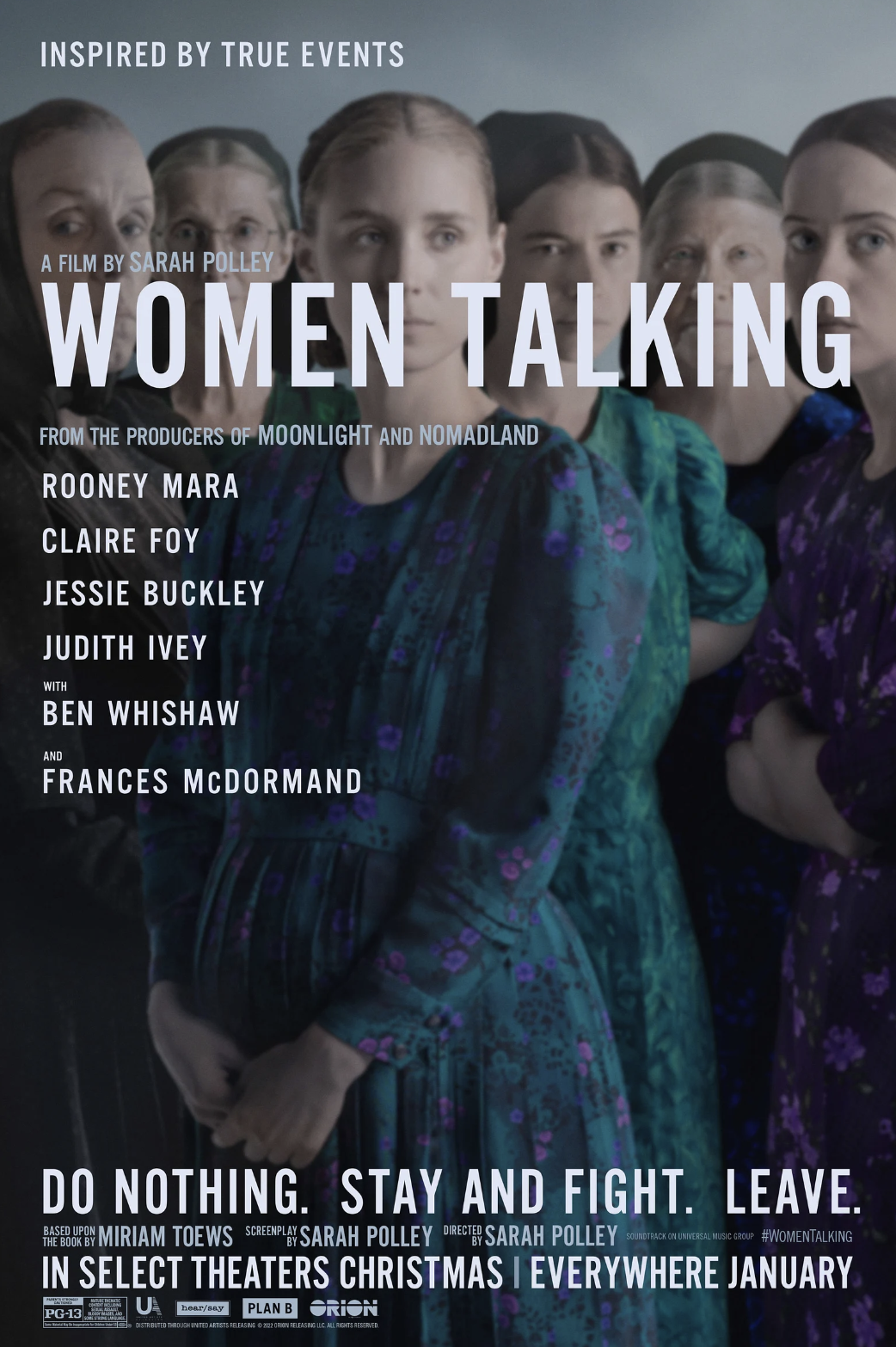How Women Athletes Are Transforming the Game and Society
By Ariel Neidermeier
Welcome to the golden age of women’s sports. In the last year, we’ve seen Coco Gauff outshine Novak Djokovic at the Grand Slam of the U.S. Open; Simone Biles become the most decorated gymnast in history; record-breaking crowds at the Women’s World Cup; and a women’s N.C.A.A tournament that far overshadowed the men’s.
Historically, women’s sports have been outrageously underestimated, undervalued, and under-funded. Plagued by low viewership and the stereotype that female athletes showcase less skill than their male counterparts, support for female empowerment has been underwhelming in the high-grossing arenas of professional basketball, tennis, soccer, gymnastics and surfing — until now. We’ve rounded up some women athletes who are disrupting sports as we know it.
Women to Watch
Women’s sports are on the rise. The WNBA’s national viewership is up a historical 67%. The women’s basketball league has also seen a 27% boom in in-person attendance and 60% surge in merchandise sales. And, it’s not the only sports arena seeing a boom. The opening match of the 2023 Women’s World Cup had to be moved to a stadium that could hold more than 80,000 people before promptly selling out. In fact, the Women’s World Cup contributed to a 28% increase in time spent watching women’s sports in the UK. In the United States, even women’s volleyball is drawing historic crowds. An incredible 92,003 college volleyball fans packed the University of Nebraska’s Memorial Stadium earlier this year, breaking the previous record for attendance at a women’s sporting event in the US - which was 90,185 set back in 1999 when Brandi Chastain famously ripped off her shirt to celebrate the US team’s World Cup win at the Rose Bowl in California. Across every sports genre it seems there is a female athlete winning the hearts and minds of the people. Here are a few that have won ours.
Simone Biles
American Gymnast Simone Biles prepares during training for the World Artistic Gymnastics Championships in Antwerp, Belgium. 28/09/2023, ANP IRIS VAN DEN BROEK Credit: ANP/Alamy Live News. Alamy Stock Photo.
The accomplishments of gymnastics superstar and advocate Simone Biles are well-documented, stretching from her early successes in the U.S. and World Championships to her dominance in the 2016 Rio Olympics. Beyond the medals and milestones, Biles has become a staunch advocate for women’s rights and athletes’ mental health. Her withdrawal from events at the 2020 Tokyo Olympics highlighted the mental health struggles faced by many athletes at the highest levels of competition. Moreover, Biles has been an outspoken advocate for women's rights, especially in the wake of revelations about the abuse perpetrated by former team doctor Larry Nassar. Her voice joined those of hundreds of female athletes in the #MeToo movement, bringing attention to systemic abuse within the sport and calling for accountability and change within gymnastic institutions. After a two-year break, Biles’ return to the global professional gymnastics arena has been triumphant. She once again left her mark on the sport, clinching four gold medals at the 2023 World Gymnastics Championships in Antwerp, Belgium, to become the most decorated gymnast in history.
Coco Gauff
American tennis player Coco Gauff celebrating at the US Open tournament at the Billie Jean King National Tennis Center on Monday 28 August 2023. © Juergen Hasenkopf / Alamy Live News. Alamy Stock Photo.
Rising tennis star Coco Gauff has inspired such attention that the media has coined a term for it: “Cocomania”. At just 19 years old, Gauff won her first Grand Slam at the 2023 US Open. She is the first American teenager to do so since Serena Williams won in 1999 at the age of 17. Gauff’s victory against Aryna Sabalenka was watched by 3.4 million viewers on ESPN, the network's largest ever TV audience for a women's tennis Grand Slam final. This outpaced the 2.3 million people who tuned in for the men’s final, in which Novak Djokovic beat Daniil Medvedev, by 47%. Gauff’s victorious rise also came at a fittingly fateful moment: the 2023 US Open marked the 50th anniversary of Billie Jean King’s successful push for equal prize money at the event — a historical triumph for women’s sports.
Alex Morgan
Alex MORGAN (USA), Aug 1, 2023 - Football/Soccer : #13 Alex MORGAN of USA kicks the ball during the FIFA Women's World Cup Australia & New Zealand 2023 Group E match between Portugal and USA at Eden Park in Auckland, New Zealand. Credit: AFLO/Alamy Live News. Alamy Stock Photo.
American soccer player Alex Morgan has combined athleticism and charisma to become one of the biggest stars and highest wage earners of U.S. women’s soccer. The outspoken striker, who has scored 121 goals in 207 internationals, has also been a central figure in the US women's national team's fight for equal pay. In 2019, Morgan and several teammates on the USWNT sued the U.S. Soccer Federation for gender discrimination. They sought pay and working conditions equal to those of the men’s team. The players eventually reached a landmark settlement with the U.S. Soccer Federation in February 2022 in which the federation agreed to pay $24 million to USWNT members. The federation also agreed to pay men and women equally in all future tournaments and non tournament games.
Candace Parker
Candace Parker attends the 2018 NBA Awards at Barker Hangar in Santa Monica, California on June 25, 2018. Photo by Chris Chew/UPI. Alamy Stock Photo.
Known as one of the greatest women’s basketball players of all time, Candace Parker is the first player in WNBA history to be named Most Valuable Player (MVP) and Rookie of the Year in the same year. She’s won two WNBA titles, the first with the Los Angeles Sparks in 2016 and another with the Chicago Sky in 2021. At the international level, Parker was also a key member of the U.S. women’s basketball teams that captured the gold medal at the 2008 Olympic Games in Beijing and 2012 Olympic Games in London. Personally, Parker is paving the way for authenticity and LGBTQIA+ awareness. In 2021, she made public that she had been married for two years to Anna Petrakova, a former Olympic basketball player from Russia who played with Parker on a pro team there. She said her daughter was her motivation for coming out: “I always tell my daughter to be proud of who she is. And I always tell my daughter to speak for herself and speak up for those that she loves. And I can’t say that to her if I’m not doing it myself.”
Bianca Valenti
Big wave surfers Bianca Valenti (right) and Savannah Shaughnessy walk on Ocean Beach after a session in San Francisco, Calif., on Saturday, December 13, 2014. By San Francisco Chronicle/Hearst Newspapers via Getty Images.
San Francisco’s own Bianca Valenti is not only a world champion big wave surfer but also an unstoppable force both on and off the waves. Recently dominating the annual Mavericks Surf Awards, Valenti clinched victories for Best Performer, Biggest Wave, and Best Ride in the female category, showcasing her unparalleled skill in one of surfing's most daring environments. Her accolades don't end at the waves. Valenti's advocacy work, especially towards increasing opportunities for women, girls, and outdoor athletes, has earned her recognition worldwide. As the Big Wave Athlete Representative to The World Surf League and co-founder of BetterWave, she champions for the betterment of athletes everywhere. Beyond the waves and her advocacy, Valenti passionately volunteers with organizations like Brown Girl Surf and MeWater Foundation, ensuring future generations can experience the joy of the ocean. In her "downtime", she co-runs Valenti & Co Ristorante and Vinobar, mentors young athletes, and empowers change-makers through speaking engagements.
The pay and media gap in women’s athletics
Despite the rising popularity of women’s sports, there are still major discrepancies in the media coverage and pay that female athletes receive. Women’s sports receive less than 10% of total sports coverage, yet women represent more than 40% of all athletes. When it comes to salary, WNBA athletes are drastically underpaid compared to NBA players. As of this year, the highest NBA salary was $51,915,615, while the highest WNBA salary was only $234,936. In fact, many WNBA athletes play overseas during the offseason to supplement their WNBA incomes. In soccer, a 2023 CNN analysis showed that international female soccer players at the 2023 Women’s World Cup still earn an average 25 cents to every dollar earned by men at their 2022 World Cup.
Elevating the game
The good news is that despite these discrepancies, progress is happening. As mentioned above, because of the USWNT’s dogged pursuit for equal pay and working conditions to the men’s team (the team’s initial lawsuit was dismissed in a federal district court, which they then appealed), the landmark Equal Pay for Team USA Act was passed in 2022. This legislation ensures that all athletes who represent the United States in global competitions like the World Cup, Olympics, and Paralympics receive equal pay and benefits. It came two years after the USWNT wore their warm-up jerseys inside out to hide the U.S. Soccer Federation’s crest in protest of its court filing that stated that women players did not perform jobs requiring “equal skill, effort, and responsibility under similar working conditions” in comparison to the men’s team.
From disparity to destiny
The numbers don't lie. Viewership and attendance at women's sporting events are skyrocketing, and it’s a testament to the captivating talent and determination these athletes exhibit. However, the glaring disparities in pay and media coverage can't be ignored. It's a call to action for sports federations, media outlets, and fans alike to elevate women's sports to the pedestal it truly deserves. If history has taught us anything, it's that change, though sometimes slow, is inevitable. With the relentless spirit of these athletes, a more equitable future for women in sports isn't just a dream; it's on the horizon.
About the Author - Ariel Neidermeier (she/her) is a first generation Filipina-American writer educated in journalism at Emerson College and international relations at the University of California, San Diego. She lives in the San Francisco Bay Area.

